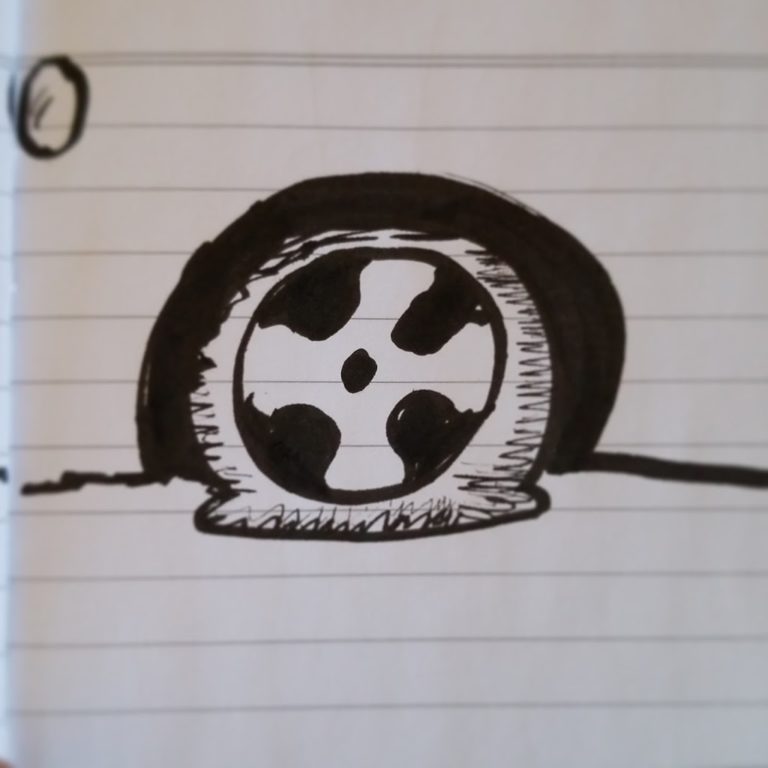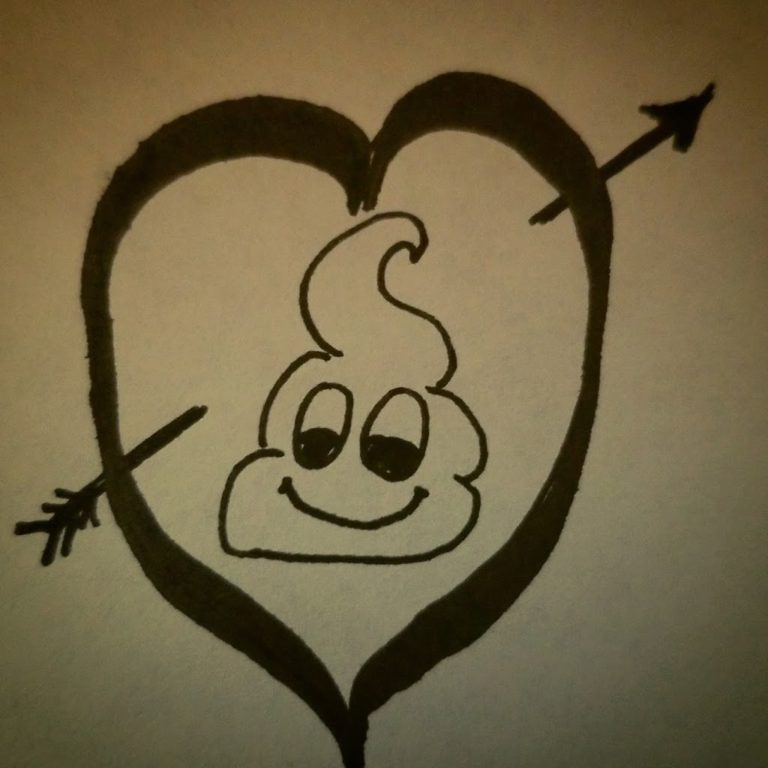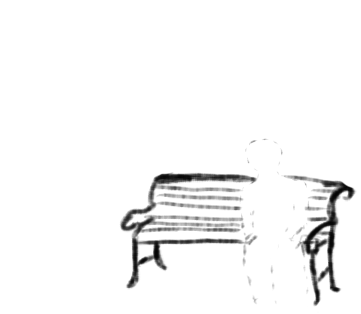“We’re on Vacation”
“When I can no longer change my environment, the challenge becomes to change myself”. ~Viktor Frankl The family just got back from a pretty amazing 10 day vacation in San Diego. We did Disney, ate at most of…
“When I can no longer change my environment, the challenge becomes to change myself”. ~Viktor Frankl The family just got back from a pretty amazing 10 day vacation in San Diego. We did Disney, ate at most of…
It is not in the stars to hold our destiny but in ourselves. William Shakespeare October 21, 2015 was Back To The Future Day. That was the date when Marty first traveled to the future. It has been enjoyable…

“I conceived it as my task to make difficulties everywhere.” ~Kierkegaard as Climacus My tire pressure dash light has been on for about 2 weeks. My gas mileage is awful, my steering is less responsive, and I can’t be…

“Loving just one is too little; loving all is being superficial; knowing yourself and loving as many as possible, letting your soul hide all the powers of love in itself, so that each gets its particular nourishment while consciousness nevertheless…

“Play makes us nimble — neurobiologically, mentally, behaviorally — capable of adapting to a rapidly evolving world.” ~Hara Estroff Marano: A Nation of Wimps I’ve heard discussions about something called the Buddy Bench. These are benches for children to…